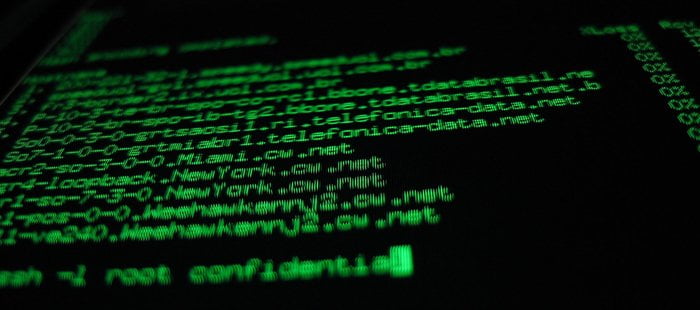Internet piracy has obviously received a lot of attention in recent years. Since the days of Napster and KaZaA, record companies and movie producers have seen their content vanish into the thin air of the Internet without receiving any compensation for their work.
The extent of the damage that has been done by internet piracy can be reflected in the current lawsuit against LimeWire for $75 Trillion.
Obviously this is a problem. The practice of online piracy is economically inefficient, its morality can be questioned and, at times, appears to be an unstoppable inevitability of the Internet.
Who is really to blame though?
Content producers blame those who are actually doing the pirating and illegal downloading. Those doing the pirating blame the content producers for not putting the proper security measures in place to deter piracy.
In the end, I believe both parties are to blame. However, if you’re going to produce content and limit the avenues that users have to interact with that content, then you better expect users to find an easier way to access your material.
I also believe that the content producers should take more of the blame for online piracy because they have been selfish and have purposely backed away from making their content legally available online.
Most software companies understand that this a precaution that must be taken. That is why serial numbers are required to activate most software products. Some expensive, high end, products such as Adobe Creative Suite actually connect to the internet and authenticate your serial number every time you open the application to ensure that nobody else is using the same serial. Adobe doesn’t have to enable these security measures but if they don’t, they know that their software will be pirated much more easily and therefore it makes sense for them to take these more extreme precautions.
The cinema and music industry have yet to enact as strict of security measures which make their material easier to steal. They also have not created the proper means of distribution for their products which leads me to my next question.
What can be done to solve the problem?
Business models such as that of Netflix and ITunes have shown that if there is any easy, legal method of distribution provided for users to access content, then users will choose that method over the illegal alternatives.
In today’s world, companies need to provide users with an easy to use, online method of accessing content because, if they don’t, someone else will- even if it isn’t legal.
Online piracy is relatively hard to track, especially with the advent of torrents, and it is even more difficult to prosecute someone of online piracy and actually receive a settlement that outweighs the company’s legal costs. That being said, I do not feel bad for those companies, agencies and producers that complain about their content being pirated yet don’t provide an easy online distribution method for their users.
Of course those who practice internet piracy should also be penalized for their actions but with there is absolutely no way to prosecute all of the people that are currently practicing internet piracy. The sheer volume of piracy currently occurring is too much for any law enforcement agency to handle.
That leaves us with one option. Content producers must put the proper distribution methods in place so users have a legal and easy way of accessing content. The most effective way to do this would be to allow users to purchase content online and view or use that content directly after purchase. Nobody wants to wait 3 days for a blu-ray disk to come in the mail when they could download the movie in 15 minutes.
By doing this, users will then begin to access content through legal means and therefore the amount of online piracy should plummet. Once piracy as a whole begins to become a less popular method of obtaining content, authorities can then concentrate on prosecuting those who continue to practice internet piracy. Until we give users another method of accessing content without stealing it, then there will continue to be way to may people pirating music, movies and software to even begin to prosecute.






